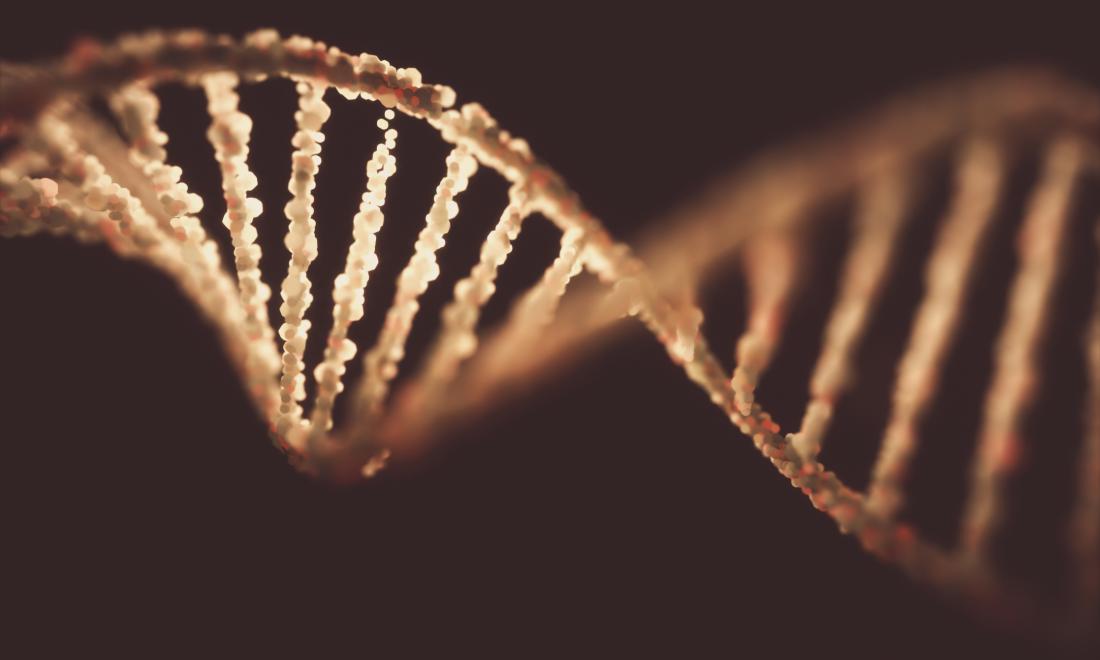Universal 10-minute cancer test in sight

Scientists have created an experimental test that can detect cancer in less than 10 minutes. The test uses a DNA feature that seems to be common to all types of cancer and does not occur in healthy tissue.
A team at the University of Queensland in Australia has discovered that DNA fragments from cancer cells adopt a unique structure in water.
The researchers uncovered the same "DNA signature" in samples of breast, prostate, and bowel cancer tissue as well as in lymphoma cells.
From these results, they developed a test that can detect the apparently universal cancer DNA signature in less than 10 minutes.
They also demonstrated that the test was up to 90 percent accurate over 200 samples of tissue and blood.
Higher accuracy in a test means that it produces fewer false positives, which are results that suggest that cancer is present when it is not.
The journal Nature Communications has now published a study paper about the test and how the scientists developed it.
'Simple universal marker of cancer'
Should it prove effective in human trials, the test could mark the end of a long search for a single diagnostic tool that works for all types of cancer.
"We certainly don't know yet," says senior study author Matt Trau, who is a professor of chemistry, "whether it's the Holy Grail or not for all cancer diagnostics, but it looks really interesting as an incredibly simple universal marker of cancer."
The technology behind the test is "very accessible and inexpensive," he adds, and it "does not require complicated lab-based equipment like DNA sequencing."
The scientists investigated the DNA that cells shed when they die. This "circulating free DNA" is always present in tissues and blood because cells die and renew all the time.
The idea of using circulating free DNA as a diagnostic tool for cancer is not new. Scientists have been looking for a cancer signature in this DNA for a while.
